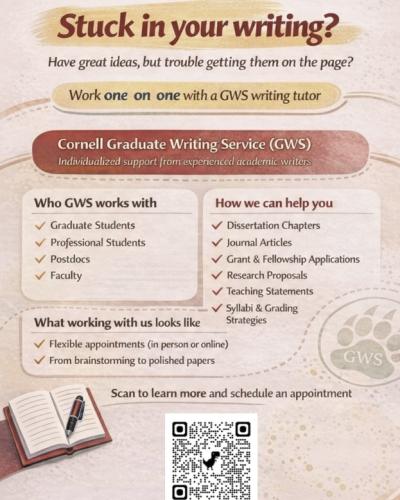The KNIGHTLYnews is an online forum where FWS instructors and other teachers of writing can swap and share ideas for best classroom practice. Weekly posts are designed to help teachers develop lesson plans and writing assignments, and respond to classroom challenges by introducing new teaching tools and sharing emerging pedagogical ideas. Posts also direct readers to program and campus resources that support teaching and learning, and provide opportunities for peer collaboration and mentorship. #teachlikeabear
My Jews on Film syllabus resembles most first-year writing seminar syllabi in that it includes a statement emphasizing the importance of attendance at every class, along with comments about how to communicate with me in the event of planned absences (religious holidays; athletic events) as well as unexpected absences (illness). What I usually forget to put in my syllabus is a reminder that, in the event of a personal crisis that might affect a student’s ability to participate in class—such as a death in the family—students should contact their college’s Academic Advising office. The advising office can communicate with the student’s professors and advocate on their behalf if accommodations are necessary. The student will need to contact their professors to discuss how to make up the missed work, but, in some kinds of crises, it can be a burden to communicate with five professors at a time when they are figuring out how to handle something potentially earth shaking.
If a student does talk to me about a personal crisis—which may involve private or confidential issues—I almost always tell them to contact their college’s Academic Advising office; I try to make it clear that I am talking about an office distinct from their faculty advisor (not that I advise against talking to faculty advisors).
In addition to helping students figure out how to deal with unexpected challenges, academic advising offices can help advise instructors. Ray Kim, Director of Advising in the College of Arts and Sciences, points out, “Instructors sometimes aren’t sure how to accommodate students whose lives have been disrupted in one way or another. They aren’t always sure what’s legitimate or what’s fair. We advise instructors about how to handle these situations. We are happy to play that role.”
In course leader meetings, instructors sometimes report that students are having attendance problems; that students regularly fall asleep in class; that students don’t turn in written work. Any of these issues could be part of a larger cluster of problems. It’s better to notify someone in student services about concerns right away than to wait for a full-blown crisis; or until the student is at risk of failing the class. A necessary first step should be the “Academic Concern” button, linked to Canvas course sites (under the “Help” menu). Academic advising is another extremely useful step. A referral can follow two paths. An instructor can reach out to the advising office, and/or the instructor can recommend the student contact the advising staff.
Although some students may be reluctant to seek out counseling or anything that includes the words “mental health”—some see stigma in the very idea—students may have an easier time seeking academic advising. For these students, advising offices can be entry points for other sources of support. As Kim points out, “We refer students to support services of all kinds. If you aren’t sure what kind of help a student needs, we can advise you or the student about next steps.” (Let’s Talk is among the most accessible of the potential options, with regular drop-in appointments available. See link below).
The overwhelming majority of First-Year Writing Seminars are offered in Arts and Sciences departments. But roughly two-thirds of writing seminar students are enrolled in other colleges. Concerns can certainly be addressed to the advising office in the student’s college, or the office in the instructor’s college, or whatever else seems most accessible. It’s better to do something than to do nothing.
If you express concern about a student to an advising office in one college, they can get this information to the right place. According to Kim: “The advising staff at all of Cornell’s undergraduate colleges communicate regularly. If a student makes contact with an advisor in one college, even if it’s not their home college, they are welcome to continue with that relationship.”
Next time I draft a syllabus, I plan to include a clause telling students what to do if they have a personal crisis while enrolled in my class. I’d rather they know about the service and don’t need it, than need it and don’t know about it.
Advising and Student Support Offices (a Non Exhaustive List)
- Let’s Talk (CAPS)
- College of Arts and Sciences: Academic Advisin
- College of Human Ecology: Advising and Counseling
- College of Agriculture and Life Sciences: Office of Student Services
- College of Engineering: Advising
- College of Industrial and Labor Relations: Student Support
- Nolan School of Hotel Administration: Academic Advising
- Architecture, Art, and Planning: Office of Student Services
- Brooks Public Policy: Undergraduate Advising
- Cornell Bowers CIS Office of Diversity, Equity, and Inclusion
- Dyson: Student Services and Advising




